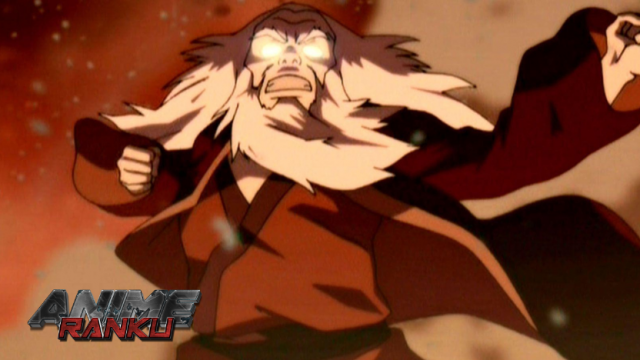“The Avatar and the Fire Lord” from Avatar: The Last Airbender Season 3 revealed the history of Avatar Roku, which had remained mostly hidden for much of the series thus far. This episode is notable not only for depicting Roku and the Fire Lord Sozin’s relationship from childhood to old age, but also for demonstrating how friendships in Avatar can span lifetimes, a concept that would be heavily utilized in The Legend of Korra.
However, one crucial aspect of the episode has perplexed Avatar fans since its debut over a decade ago: the necessity of Avatar Roku’s death. He is killed by a pyroclastic flow after becoming disabled from inhaling the toxic fumes of an active volcano. But why did Avatar Roku stay and fight a volcano in the first place, especially since all of the inhabitants of the volcano’s island had already evacuated?
The Betrayal of Fire Lord Sozin and the Death of Avatar Roku

25 years after his sparing with Fire Lord Sozin, a dormant volcano on Avatar Roku’s home island suddenly erupted in the middle of the night. The force of the explosion was so powerful that it could be seen and felt from the Fire Nation palace, 100 miles away. Roku quickly organized an escape for the island’s residents — which included his wife — and sent them onto boats to flee the island.
Roku stayed behind alone, using all of his bending abilities and the Avatar State in order to stop the volcanic eruption. He soon realized he couldn’t calm the volcano alone but was surprised by the appearance of Sozin, who came to offer his assistance. While fleeing the island together, Roku was hit by a spurt of toxic gas and left behind to die by Sozin, who realized the Avatar’s death would remove the only barrier to his dream of a Fire Nation empire.
Avatar Roku died at the age of 70. While entering old age, he was still especially young considering the lifespan of the preceding Avatar Kyoshi. So why did he stay behind to fight the volcanic eruption when there was nothing to protect except empty houses? The island’s inhabitants had left, so the volcano no longer posed an active threat to any civilians. While Roku single-handedly holding back a natural disaster was an impressive feat, was this decision really necessary — or was it just a means to get rid of his character so Aang could be born?
The Possible Reasons Avatar Roku Resisted the Volcano

One possible explanation for Roku’s decision to stay and fight is that the danger to civilians had not entirely disappeared. While the island’s inhabitants were already sailing away, the volcano was still in the process of violently spewing lava and flying pieces of rock. Roku might have wanted to guarantee his neighbors’ safety by holding back the volcano for as long as possible. Additionally, Sozin claimed the volcano was a disaster unlike anything he had witnessed before. Extreme volcanic eruptions have the potential to shake the Earth and alter its climate, so it’s also possible that realizing this, Roku decided he had to attempt to stop the volcano to save the Fire Nation from long-term environmental damage.
Another possibility was that Roku never intended to give his life trying to stop the volcano, and Sozin’s arrival in fact guaranteed his failure and death. After entering the Avatar State — only to find his bending had caused a second volcano to erupt — Roku looked as if he was about to give up on his fight. His dragon fang was nearby, so Roku had an accessible escape route had he chosen to surrender. It’s possible Roku thought that working together with Sozin gave them a good chance of halting the volcano, which led him to hold off on exiting.
Finally, as a fully realized Avatar, Roku succumbed to arrogance and overconfidence in his own abilities. He’d never been tested in his power as the Avatar, having easily dispatched Sozin decades before. The previous Avatar Kyoshi was even able to create a new island with her power, so it’s possible Roku thought he had the ability to avert a disaster of this magnitude. Despite the fact that no one was left on the island, it contained all of his property as well as the homes of everyone he knew and loved, so Roku may have had enough faith in his own strength to take a stand and save the place he called home.















Leave a Reply